Which UK cities most benefited from the slave trade - and how can you tell?
London, Liverpool and Bristol among those built with proceeds of human trafficking
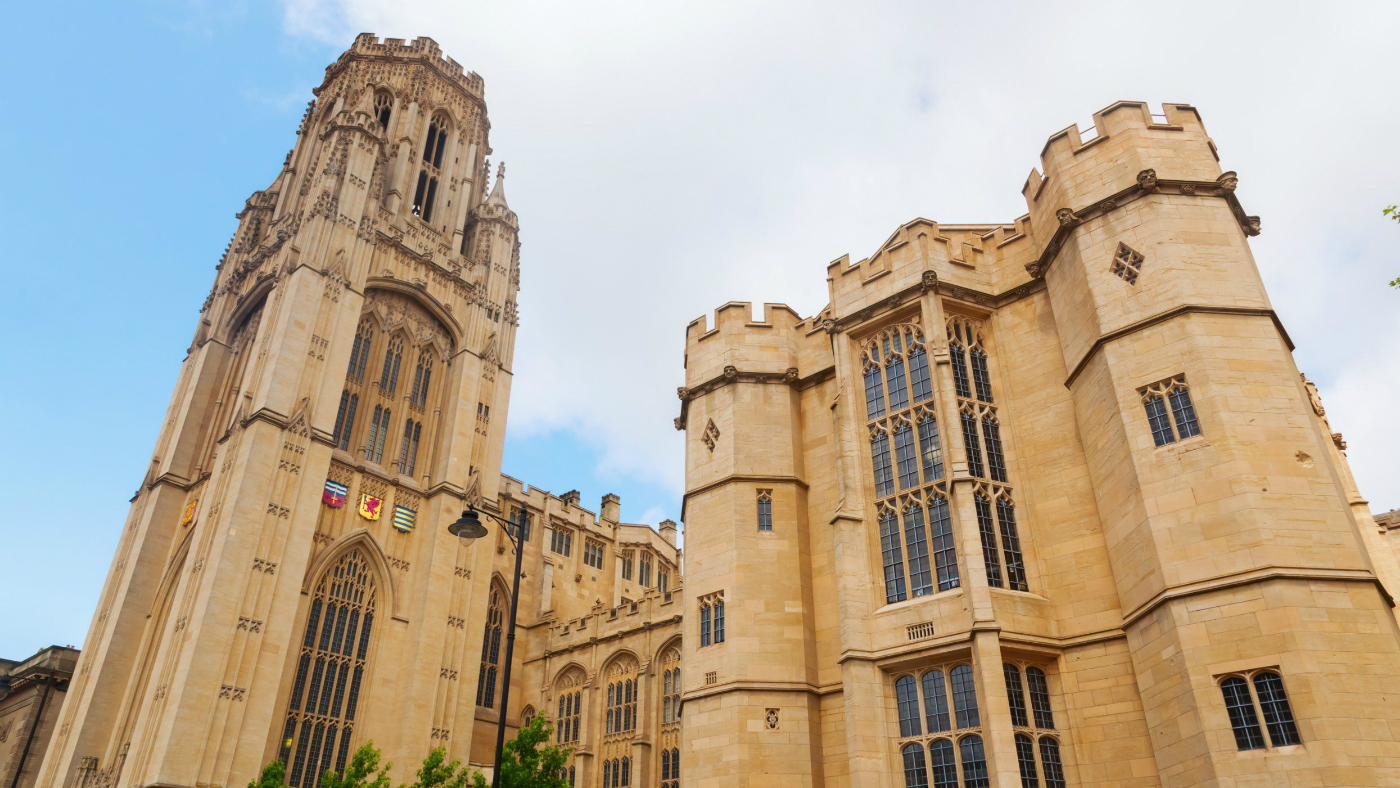
A free daily email with the biggest news stories of the day – and the best features from TheWeek.com
You are now subscribed
Your newsletter sign-up was successful
That Britain’s relative prosperity today is built on the profits from slavery is an uncomfortable but undeniable truth.
Many of the UK’s major modern cities owe much of their wealth and development to commerce that depended on the inhumane practice for centuries, before slavery was finally abolished throughout the British Colonies in 1833.
Which cities benefited from the slave trade?
The Week
Escape your echo chamber. Get the facts behind the news, plus analysis from multiple perspectives.

Sign up for The Week's Free Newsletters
From our morning news briefing to a weekly Good News Newsletter, get the best of The Week delivered directly to your inbox.
From our morning news briefing to a weekly Good News Newsletter, get the best of The Week delivered directly to your inbox.
Many people in the UK had never heard of Edward Colston before a statue of the 17th-century slave trader was pulled down in Bristol last week.
Colston, who also served as a Tory MP, “gave huge sums of money to set up schools, almshouses and poorhouses in Bristol and farther afield, equivalent to about £25m today”, says The Times.
Yet he earned that money as “a leading official of the Royal African Company from 1680 to 1692, when it was responsible for the enslavement and transportation of 84,000 Africans, of whom more than 19,000 died en route to the Caribbean and America”, the newspaper reports.
London also has strong links to slavery. Before Bristol took over, the capital “was the leading British slaving port in the 17th century, with control over the trade until 1698”, says information site Discovering Bristol.
A free daily email with the biggest news stories of the day – and the best features from TheWeek.com
The Guildhall in the city’s Moorgate area “epitomises the involvement of London in the transatlantic slave trade”, says Historic England.
This was the meeting place for shareholders in the Royal Africa Company, and a statue of 18th-century slave plantation owner William Beckford Senior still stands outside today.
Beckford was known as the “uncrowned king of Jamaica”, thanks to the fortune he built from his 20,000 acres of plantations on the island.
Along with London and Bristol, Liverpool also benefited hugely from slavery. Indeed, “much of Liverpool’s 18th century wealth came from the slave trade and, by the 1740s, the city was Europe’s most-used slave port”, says the BBC.
Historian Laurence Westgaph is now calling for a memorial in Liverpool to the slaves who died while building the city’s fortunes, arguing that the “public realm is the best classroom”.
The lasting results of slavery are also felt beyond the major port cities commonly associated with the trade. The Centre for the Study of the Legacies of British Slave-ownership at University College London has created a database that shows just how profoundly human trafficking shaped modern Britain.
“Among the institutions with a history of slavery connections are the Bank of England, high-street banks (RBS, Barclays and Lloyds), railway companies, insurance companies and even the Royal Mail,” writes academic Myriam Francois, founder of the We Need to Talk About Whiteness website, in an article for The Guardian.
“And as these organisations flourished through their use of forced labour, their owners bequeathed part of their huge wealth to some of the UK’s leading cultural institutions, including the National Gallery, the Royal Academy, the Tate, the Victoria & Albert and the British Museum.”
–––––––––––––––––––––––––––––––For a round-up of the most important stories from around the world - and a concise, refreshing and balanced take on the week’s news agenda - try The Week magazine. Start your trial subscription today –––––––––––––––––––––––––––––––
How can you tell?
“Britain’s economy and cultural heritage remains inextricably tangled with the after-effects of slavery; a tangle which we are only beginning to recognise in full,” says the Museum of London Docklands website.
The museum itself “is surrounded by buildings, streets and statues built with the profits of slavery, in many cases commemorating the owners and traders of enslaved people”, the site adds.
The story is the same across much of the rest of London and other British cities, with names of slaveholders commonly found on schools, businesses and beyond.
In Liverpool, many street names are linked to slavery. Sir Thomas Street is named after Thomas Johnson, an owner of one of the first slave ships to sail from Liverpool.
But these tributes could soon be eradicated. The pulling down of the Colston statue in Bristol, and the broader emerging conversation on racism and Britain’s role in the slave trade, is shining a spotlight on the dark history of the men commemorated with monuments in so many cities.
London Mayor Sadiq Khan has announced a review of all of the capital’s statues and street names, and says any with links to slavery “should be taken down”.
Already a statue of noted slaveholder Robert Milligan has been removed from outside the Museum of London Docklands.
“The Museum of London recognises that the monument is part of the ongoing problematic regime of white-washing history, which disregards the pain of those who are still wrestling with the remnants of the crimes Milligan committed against humanity,” museum bosses said in a statement.
-
 The Week Unwrapped: Do the Freemasons have too much sway in the police force?
The Week Unwrapped: Do the Freemasons have too much sway in the police force?Podcast Plus, what does the growing popularity of prediction markets mean for the future? And why are UK film and TV workers struggling?
-
 Properties of the week: pretty thatched cottages
Properties of the week: pretty thatched cottagesThe Week Recommends Featuring homes in West Sussex, Dorset and Suffolk
-
 The week’s best photos
The week’s best photosIn Pictures An explosive meal, a carnival of joy, and more
-
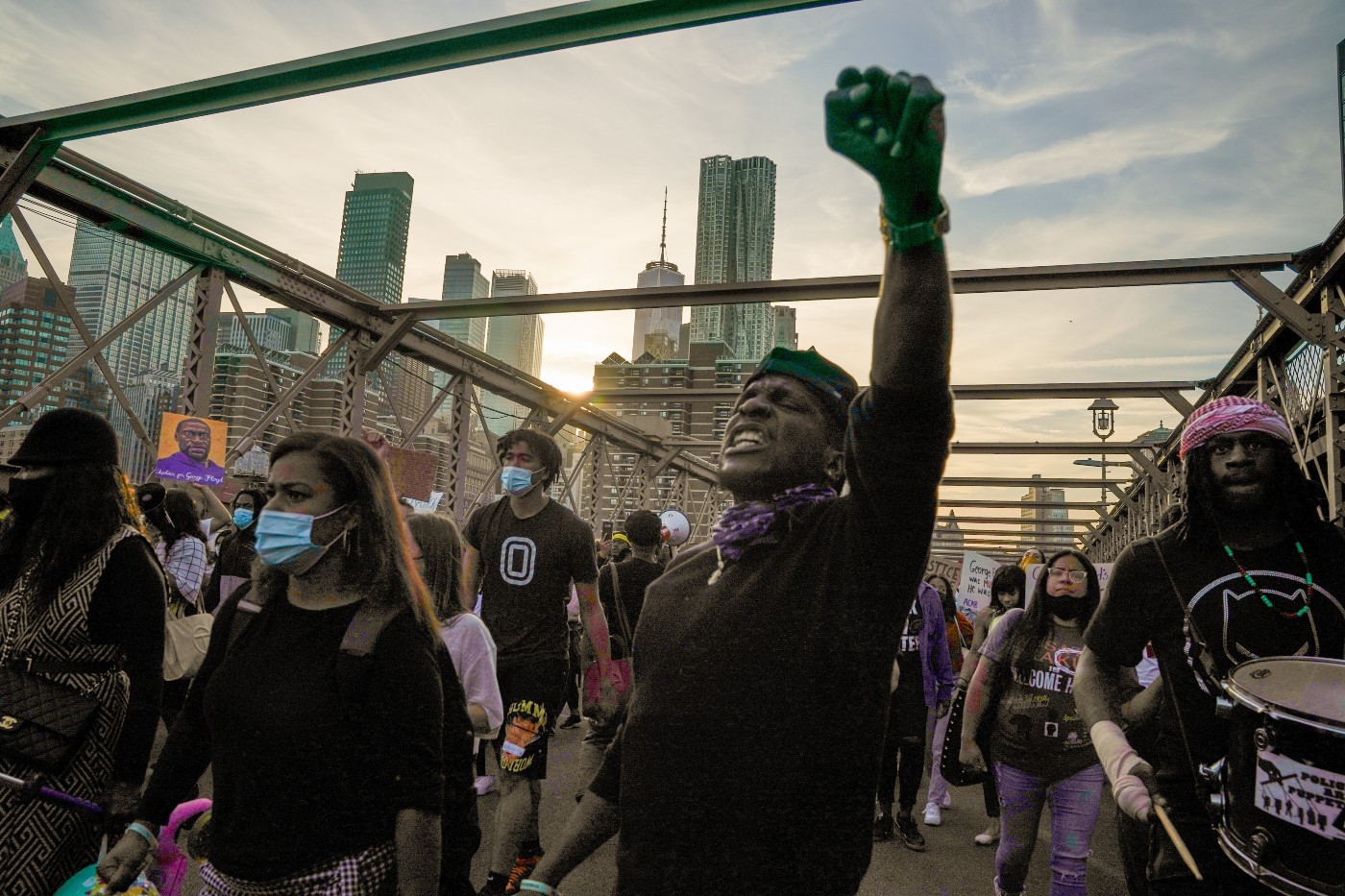 George Floyd legacy: what has changed in the US three years on
George Floyd legacy: what has changed in the US three years onfeature Police officers are more accountable but has ‘white empathy’ hit a wall?
-
 ‘Police tactics are not getting worse, they are simply being filmed’
‘Police tactics are not getting worse, they are simply being filmed’Instant Opinion Your digest of analysis from the British and international press
-
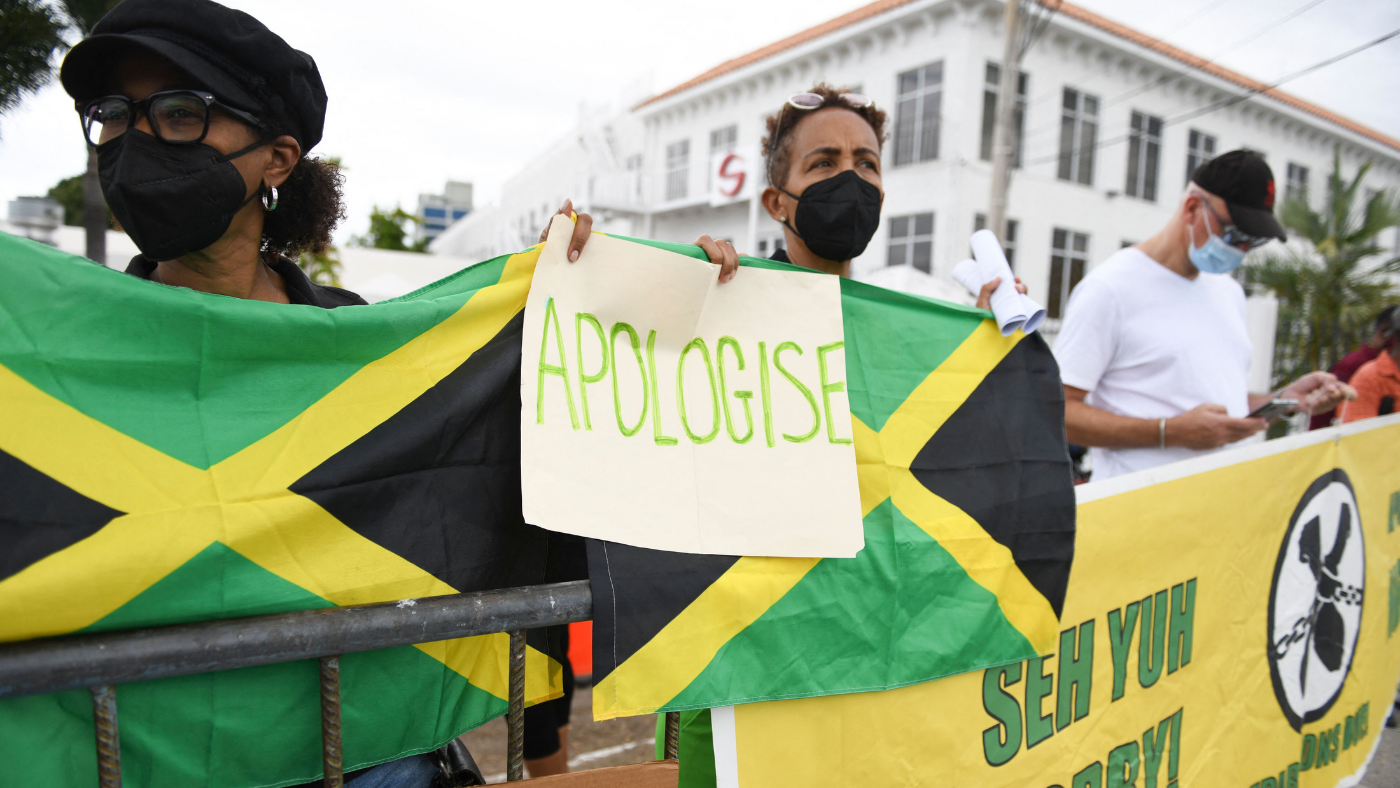 ‘Jamaica’s reckoning with Britain is long overdue’
‘Jamaica’s reckoning with Britain is long overdue’Instant Opinion Your digest of analysis from the British and international press
-
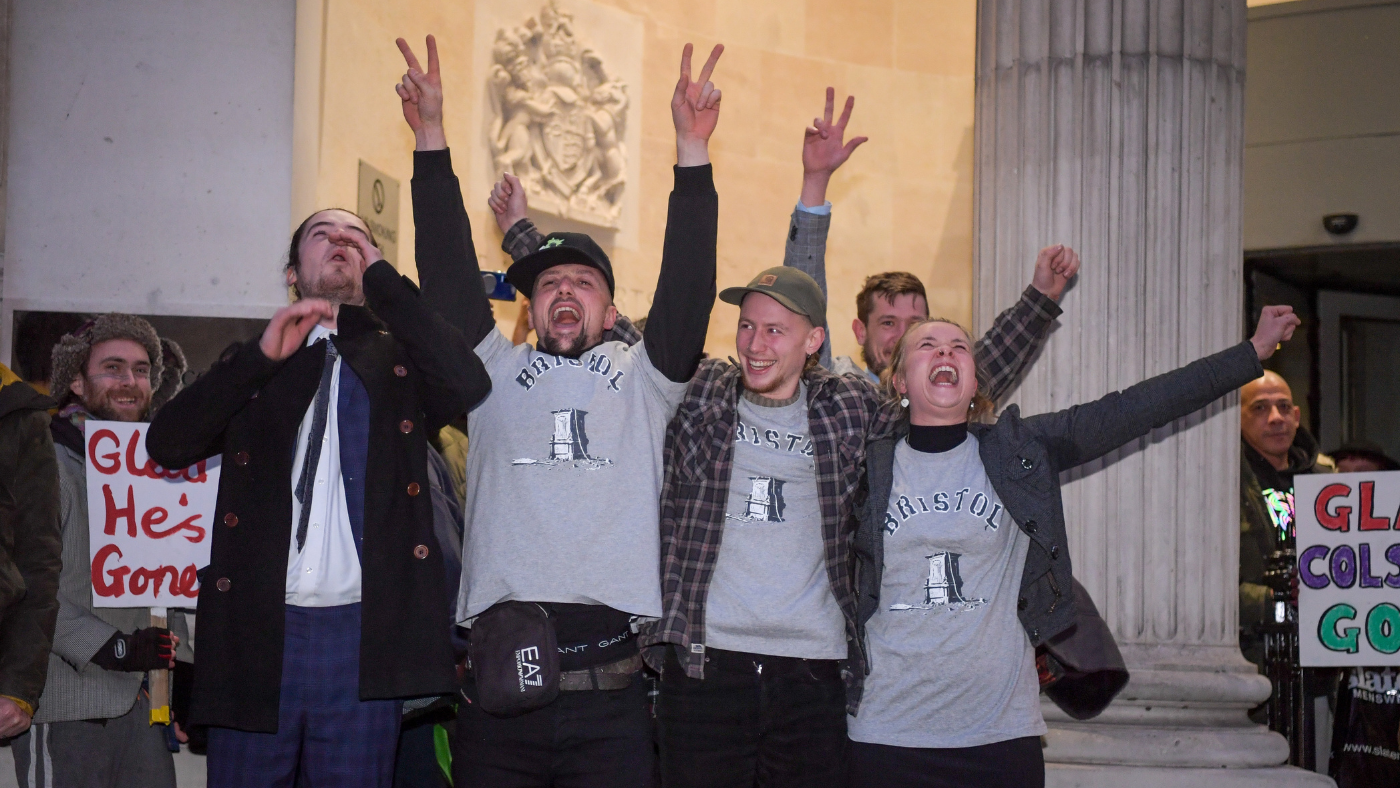 ‘Colston statue topplers drag Britain’s view of itself closer to reality’
‘Colston statue topplers drag Britain’s view of itself closer to reality’Instant Opinion Your digest of analysis from the British and international press
-
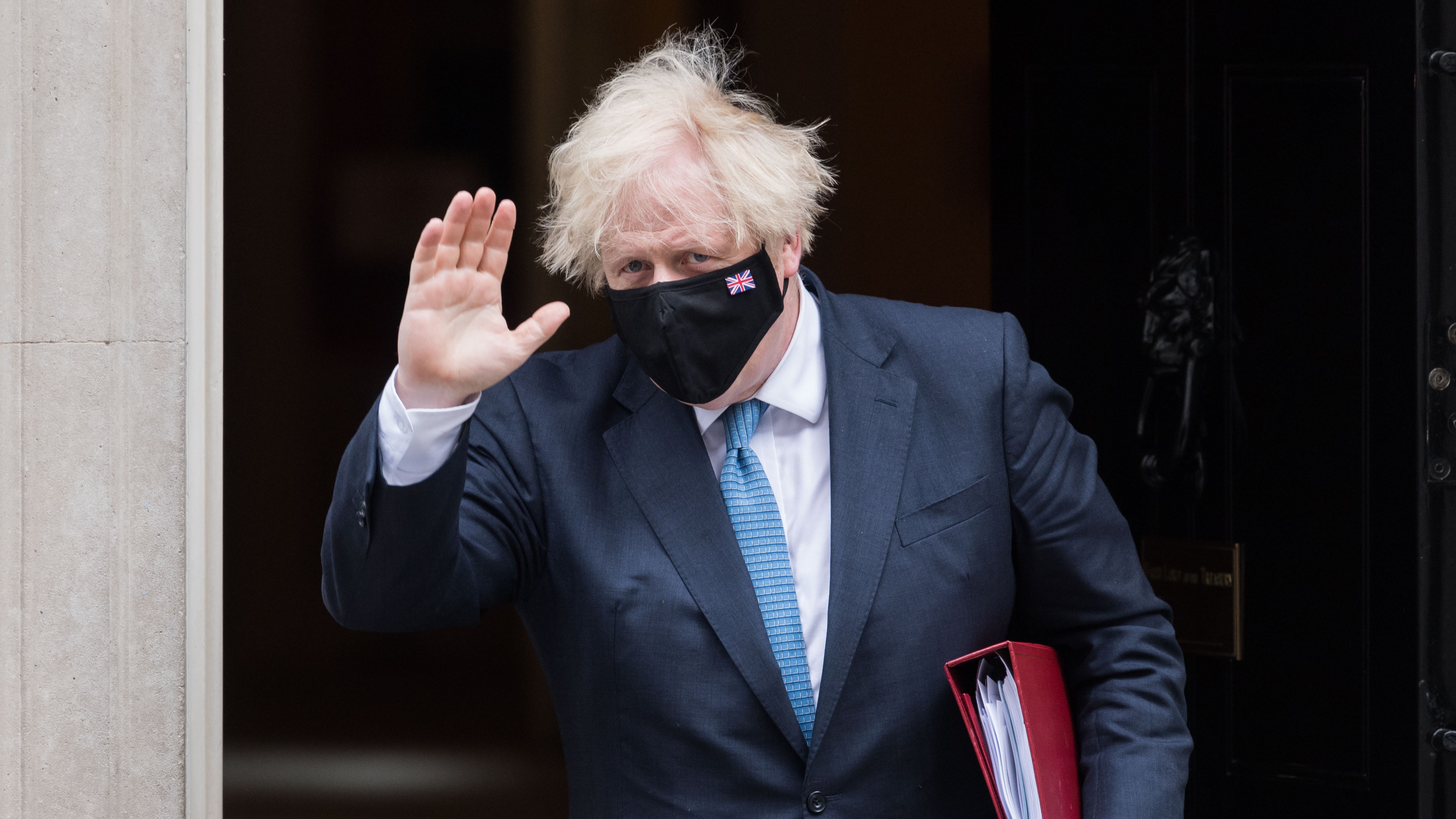 ‘A lesson for Johnson: if you pick fights, you can get hurt’
‘A lesson for Johnson: if you pick fights, you can get hurt’Instant Opinion Your digest of analysis and commentary from the British and international press
-
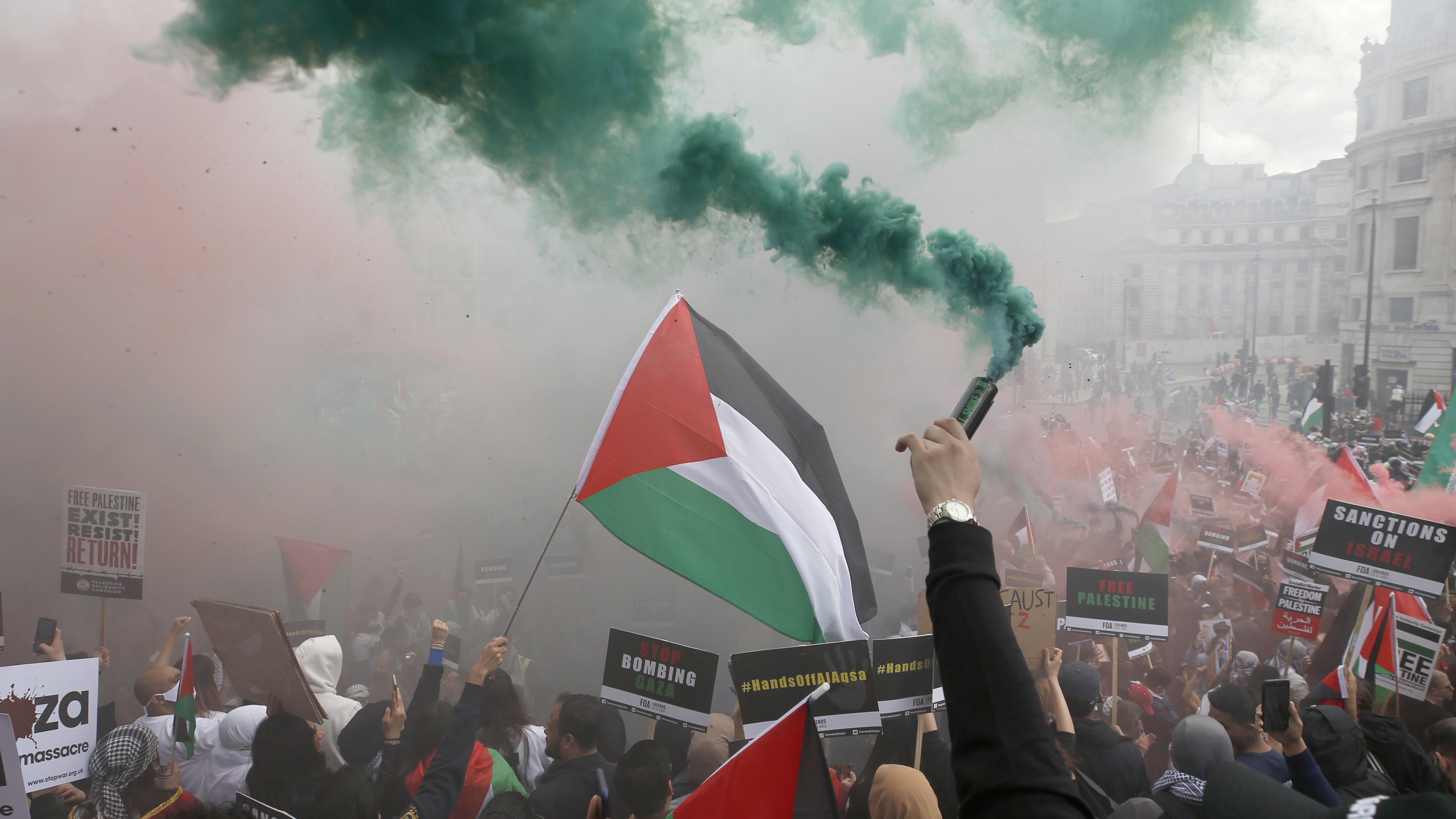 Why Black Lives Matter has thrown its weight behind Palestinian solidarity
Why Black Lives Matter has thrown its weight behind Palestinian solidarityIn Depth Outbreak of violence in Gaza prompts vocal support from racial inequality movement
-
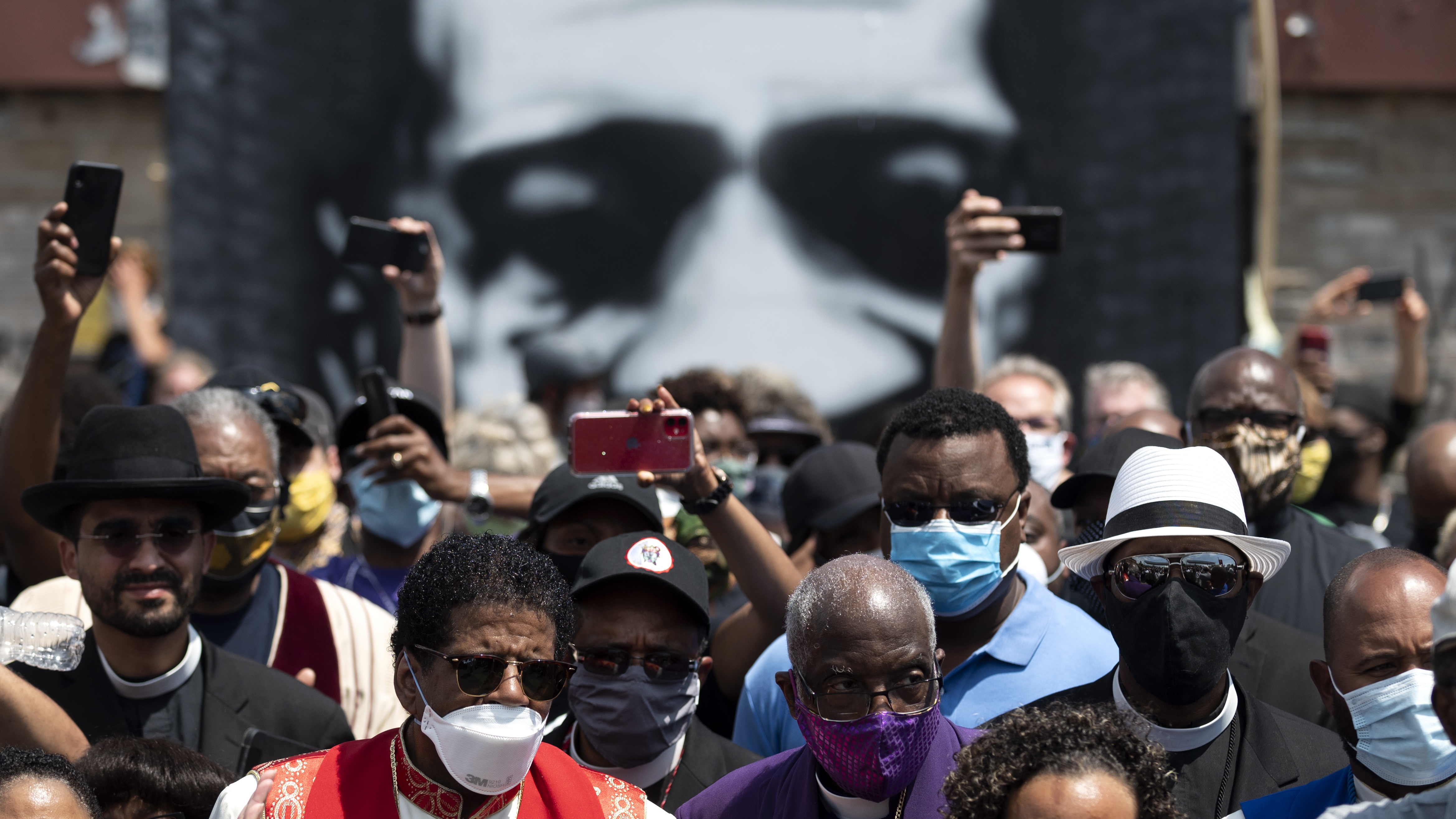 Timeline: one year since the death of George Floyd
Timeline: one year since the death of George Floydfeature Police killing of the unarmed African American prompted moment of reckoning for US race relations
-
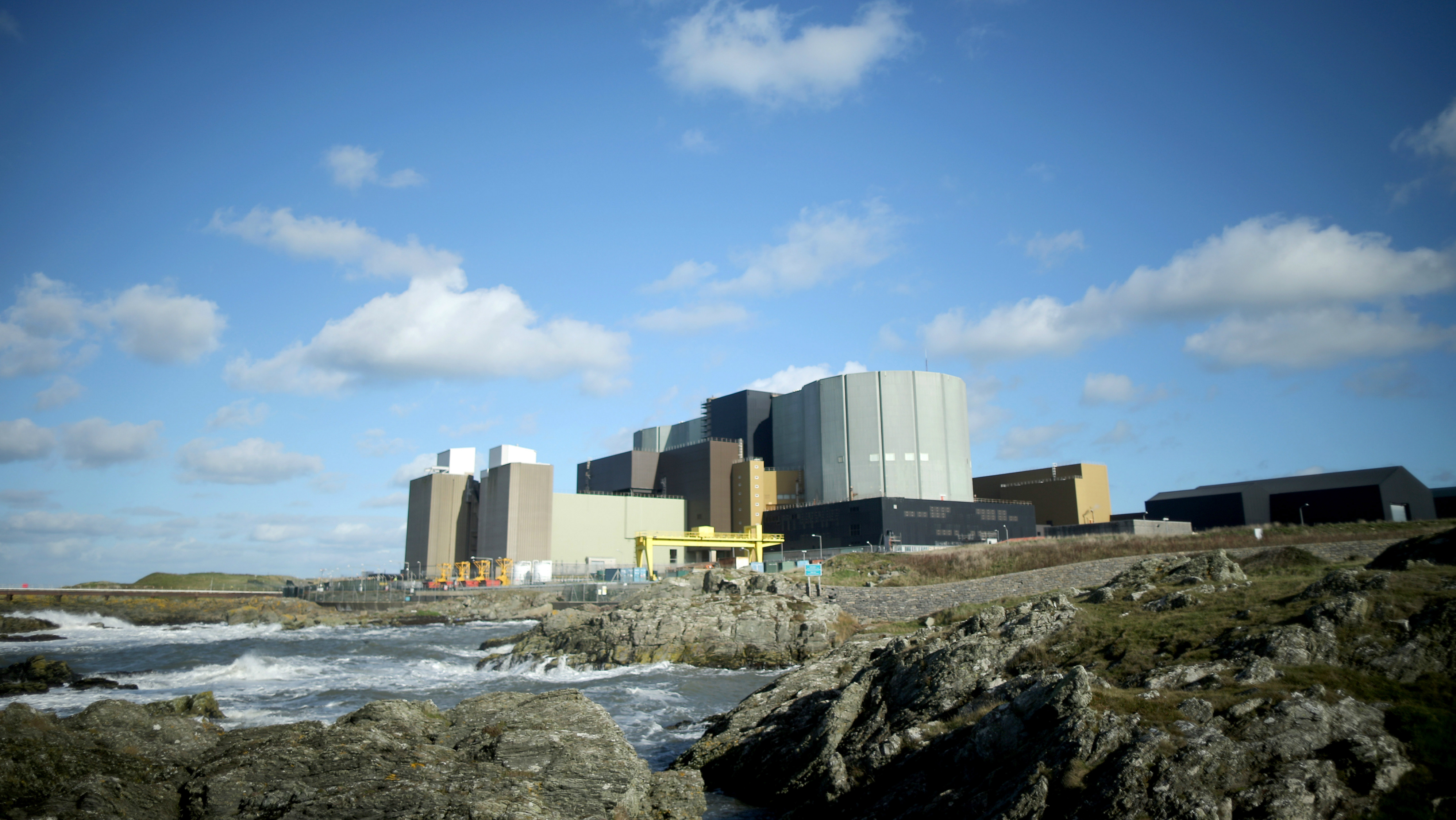 Instant Opinion: Hitachi ‘failed its nuclear test’
Instant Opinion: Hitachi ‘failed its nuclear test’In Depth Your guide to the best columns and commentary on Friday 18 September